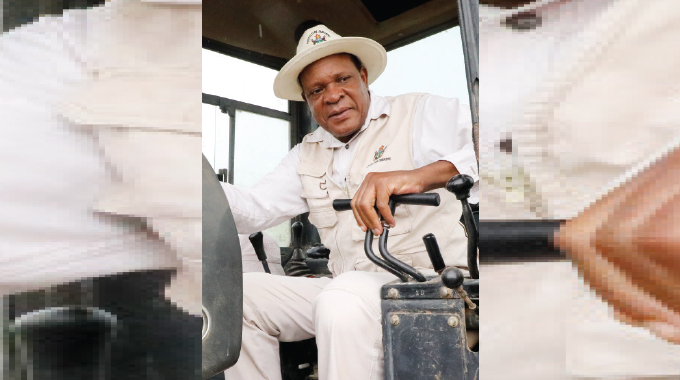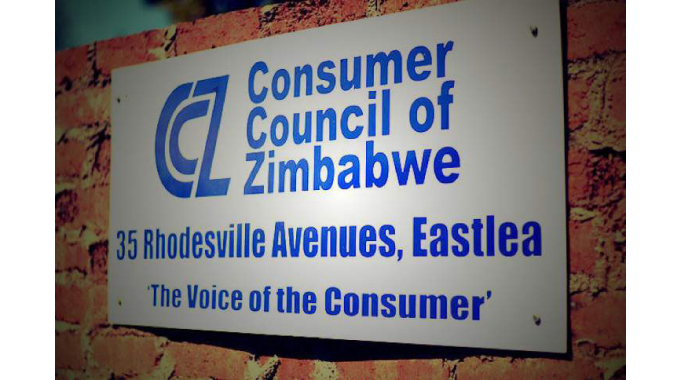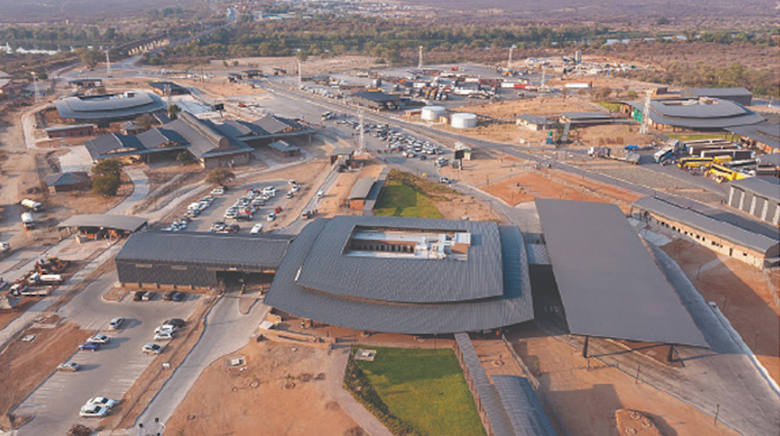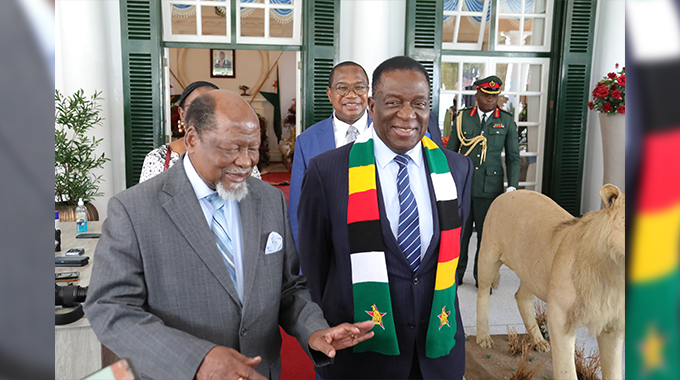Don’t rush to destock: Minister

Michelle Moyo, [email protected]
FARMERS have been urged not to rush to destock but carefully select those they need to sell amid indications that between January to February, 43 percent of livestock have been sold in Matabeleland South.
Destocking is a strategy livestock farmers use to effectively manage herd numbers during dry years when there is less feed available.
Destocking, if done hastily, can lead to a reduction in the breeding stock, which may affect future production, therefore farmers need to consider the long-term sustainability of their herds and the overall health of the livestock industry.
Experts say by carefully selecting which animals to sell, farmers can maintain the quality of their livestock and ensure ongoing productivity, which is essential for their livelihood and the economy.
The livestock sector contributes significantly to the inclusive growth and development of the national economy.
The Government is making relentless efforts to enhance the performance of the country’s agriculture industry to promote sustainable economic growth.
Speaking in the National Assembly on Wednesday, Lands, Agriculture, Fisheries, Water and Rural Resettlement Minister, Dr Anxious Masuka said the farmers should keep their cattle in stock so that they can use artificial insemination to ensure that farmers have pastures for the calves.
Artificial insemination is a biotechnological method of collecting semen from a bull and manually depositing it into the reproductive tract of a cow with the aid of instruments.
The procedure plays an important role in improving livestock worldwide as it allows for the genetic make-up of an animal to be changed to improve milk or beef quality.
The scientific method is not new in the country, although some sections of the farming industry, particularly smallholder farmers, are still to fully embrace the practice.
“In different places, we have observed that farmers are busy now de-stocking because they are worried about the quantities of the feed that they have, for instance in Matabeleland South, the cattle that are sold from January to February, we observed that the quantities have gone up by 43 percent. So, the majority are selling their cattle,” said the minister.
“As the relevant ministry, we urge farmers to stop rushing to sell their livestock. They should only sell those old oxen and cows. The heifers and other young cows, we should keep them in stock so that we can use artificial insemination to ensure that we have pastures for the calves so that they cannot sell their cattle. In the past, we used to have the Cold Storage Commission (CSC),” he added.
Under the Livestock Recovery and Growth Plan, the Government is concerned with the level of performance of the livestock sector hence it promulgated the blueprint to address all areas that are limiting growth.
The Government is accelerating plans to build the national herd to six million by 2025 in line with the country’s agricultural growth recovery plan to meet national demand for meat and dairy products and then to resume exports.
This requires not just breeding more cattle, but also ensuring that none are killed by disease.
The national herd stands at 5,5 million and various measures have been put in place to improve the quality of livestock including artificial insemination which involves cross-breeding with semen from selected quality bulls and vaccination programmes.
In March, the Ministry of Agriculture Department of Livestock Production and Development Specialist, Mr Wisdom Gunzvenzve urged farmers to sell non-productive animals and remain with productive ones such as heifers and calves as part of livestock management. —@Lo7246Lovelyn











Comments